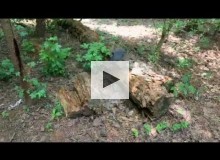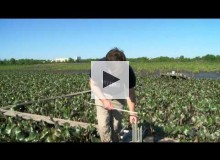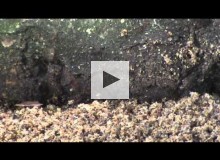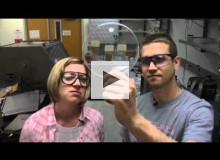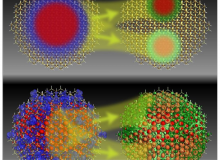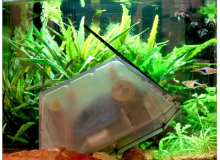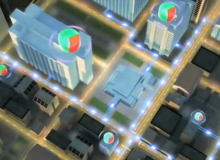Search
National Science Foundation
Monday, April 25, 2011
Ingenuity sprouting from the rooftops. The rooftops of Manhattan are as varied as the city itself. A glance at the city skyline reveals a myriad of shapes and colors.
National Science Foundation
Thursday, March 17, 2011
Carbon neutral gasoline ... from plants! Like everyone else, George Huber knows money doesn't grow on trees. But, ask him where gasoline comes from and he won't just tell you, he'll show you.
Tags: National Science Foundation, science nation
National Science Foundation
Monday, July 25, 2011
Villanova University marine scientist Nathaniel Weston studies how both land use and climate change can impact habitat in tidal marshes, including how rising sea levels may affect microbes and other plants and animals.
Tags: National Science Foundation, science nation, salt intrusion
National Science Foundation
Monday, March 28, 2011
How do we turn biological material into energy? This episode of Green Revolution explores how scientists are studying algae, ants, plants, and sawmill waste to help create fuel for the future.
Tags: National Science Foundation, green revolution
National Science Foundation
Monday, May 30, 2011
In this episode of Green Revolution, learn how solar cells capture energy from the sun, and how scientists and engineers are improving this technology so you can use the power of the sun on the go.
Tags: National Science Foundation, green revolution
National Science Foundation
Monday, October 03, 2011
Studies done by Mark Lusk and colleagues at the Colorado School of Mines could significantly improve the efficiency of solar cells.
Tags: National Science Foundation, Solar Panels, Science Corner
National Science Foundation
Monday, May 02, 2011
How do we harness the power of hydrogen and turn it into useable energy? This episode of Green Revolution talks to scientists who are up for the hydrogen energy challenge.
Tags: National Science Foundation, Hydrogen, green revolution, electrolysis
National Science Foundation
Monday, September 26, 2011
The University of Minnesota's Center for Distributed Robotics is developing an amphibious robotic system, the Aquapod, to monitor the impact of oil on swamps and marshland.
Tags: Technology, National Science Foundation, Science Corner, oil spills
National Science Foundation
Monday, May 23, 2011
According to these researchers, renewable energy is a vital part of the country’s energy future. However, there is variability in renewable sources (sometimes it’s not sunny or windy!), so this team is developing ways to make sure our energy supply...



